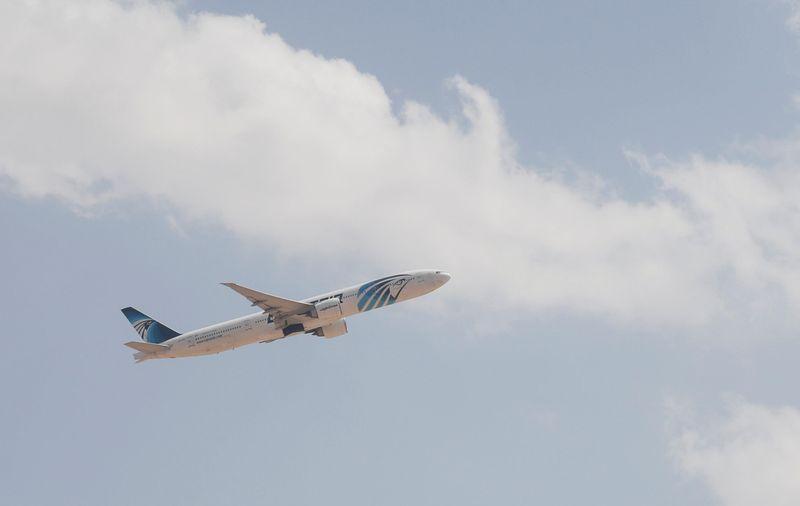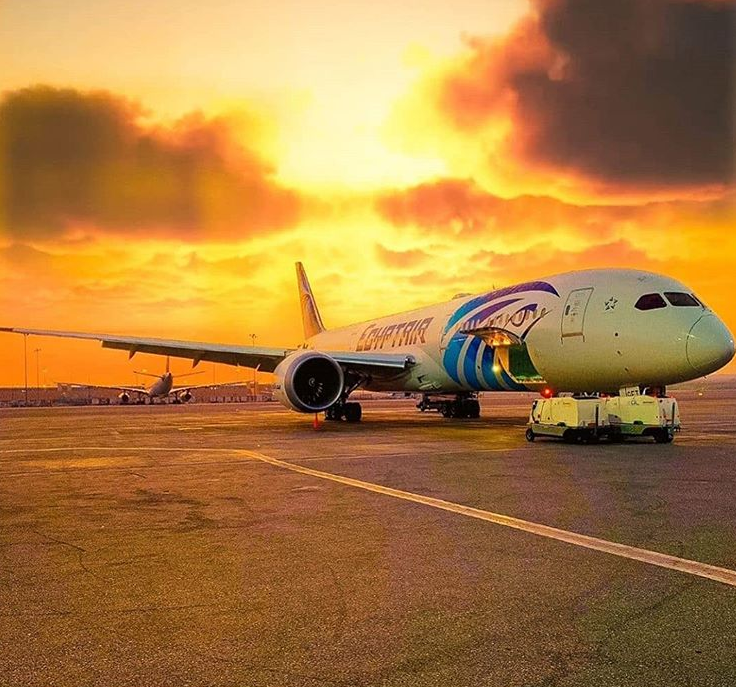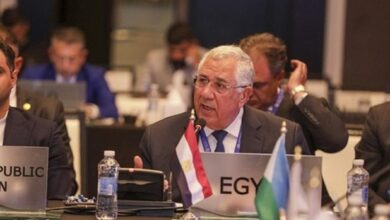BEIRUT – When the first indictment from the United Nations-backed investigation into the 2005 assassination of former Lebanese Prime Minister Rafik Hariri landed earlier this month, naming Hizbullah members as suspects, the reaction in Beirut was underwhelming.
Given indictment leaks to local media, most knew ahead of time roughly who would be accused. The city also recognized the impossibility of arresting suspects, given their protected status within Hizbullah, which maintains an arsenal of such size as to make it untouchable.
Still, there were those who warned that the court would threaten Lebanon’s fragile civil peace and that it would reignite simmering sectarian tensions by creating a mini Sunni-Shia war. When Interior Minister Marwan Charbel vowed to arrest Hizbullah members and hand them to The Hague, several security officials appeared worried.
Instead, the only backlash came in the form of a slew of accusations from Hizbullah and its national and regional allies that the court is biased and corrupt. Such words were heard before.
The court has been plagued by such allegations since its inception in 2009 and has struggled to persuade Lebanon, with its new Hizbullah-led government, to stick to its international agreement to cooperate with and support the tribunal.
The debate over the Special Tribunal for Lebanon (STL) held up the new cabinet’s policy statement for several weeks; even after learning of the indictment’s contents, ministers stopped short of committing to support the court, as Lebanon is obliged to do under UN Security Council Resolution 1757 (2007). France, the European Union and the US have said expressed concerns.
Prime Minister Najib Mikati received criticism from the West for his dalliance concerning the court. However, Mikati presides over a government composed entirely of 8 March ministers and the bloc has long been hostile to a court it sees as yet another Western ploy to meddle in Lebanon’s business. They believe Hizbullah members are being framed for killing Hariri.
On the other hand, Mikati is under immense pressure from the international community. The special tribunal is an expensive project and, as foreign ministers often claim, it is an impartial mechanism for reinstating rule of law and ending the impunity of political assassination.
Washington has said it will judge Lebanon on its actions. Reneging on an international agreement could seriously jeopardize US willingness to continue providing the Lebanese army with hundreds of millions of dollars each year. That would be catastrophic for Lebanon, and Mikati knows it.
The indictment represents a crucial stage in the life of the STL. While the court claims publicly that its investigators had been welcomed in Beirut and received generally good cooperation from Lebanese authorities, court sources privately lament the fact that very little progress has been made since the pro-Western 14 March government fell in January this year.
Faced with a country that was at best a legislative vacuum and at worst home to an administration hostile to the court, the STL has slowly began to pull its Beirut-based staff back to The Hague as antipathy toward what Hizbullah labeled “an Israeli project” gathers pace.
Western diplomats privately admit that the United Nations – which backs the court and oversaw the initial investigation into Hariri’s murder – is contemplating the court’s future.
They say that UN officials are struggling to come up with a contingency plan for funding an international tribunal that has already cost more than US$500 million to run, especially given that Lebanon has still not coughed up its share of court funding for 2010.
Running at a huge deficit and faced with the likelihood of an unhelpful official stance from Lebanon’s government, UN members are worried, even without the prospect of being forced to try accused individuals in absentia, given their protected nature within Lebanon.
Over the weekend, the court issued arrest warrants to Interpol, which has come out with a red notice for states where it believes suspects reside. There are non-Lebanese names on the indictment, so it stands to reason not all the accused are hiding in Lebanon.
The attempt seems a little futile. No one is under any misconception that these men accused of killing Hariri will actually be caught. The tribunal can only actively pursue them through the workings of Lebanese and other state authorities.
The crucial shortcoming in the whole operation is that Lebanese authorities simply do not have the capability to facilitate the court’s wishes. Even if there was the political will to knock on Hizbullah’s door, no collection of security apparatuses would be able to do it.
The court’s future is unclear. While not threatened by imminent collapse, it is looking increasingly unlikely that those who committed “the crime of the decade” will ever be brought to book.




